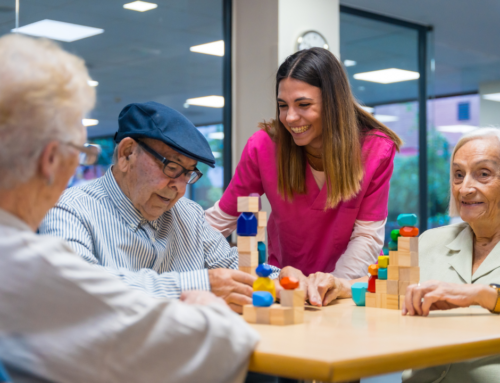Share This Story!
Dos And Don’ts For An Osteoporosis Diet
Most people know that calcium and vitamin D are the bedrock nutrients for bone health. After an osteoporosis diagnosis, what other foods are important? And are there specific foods to avoid? Consider adding these 3 foods to a daily diet to increase bone health.
1. Choose leafy greens
Foods like kale, collard greens, spinach, and Brussels sprouts offer significant amounts of vitamin K, which is also essential for bone health. In one study, women who consumed over 250mg daily of vitamin K had a significantly lower risk of hip fractures than those who got less of the nutrient. Leafy green veggies typically pack a punch of other nutrients as well. For example, collard greens, mustard greens, and kale are all also high in calcium.
2. Pick potassium
Foods that are high in potassium can also build bone health. Tomatoes, potatoes, papayas, oranges, and bananas are all excellent sources of this nutrient. Raisins and orange juice are also good options, but be aware of the possible added sugars in these foods.
3. Try the wellness vitamin
Vitamin C is often praised as a crucial nutrient for the immune system. This vitamin also aids in increasing bone health by enhancing calcium absorption. Red and green peppers, citrus fruits, strawberries, and pineapples are all excellent sources of vitamin C.
What to avoid
Just as some foods will boost bone health, others will add to deterioration. Consuming too much salt, for example, can cause the body to get rid of calcium instead of absorbing the nutrient. As much as possible, limit sodium intake to less than 2,300mg daily. Beans and legumes are excellent sources of calcium, magnesium, and fiber. However, an ingredient called phytates can interfere with the ability to absorb calcium. To reduce phytate content, always soak beans in water for a few hours before cooking. While a moderate amount of alcohol is considered safe, consuming more than 2 drinks daily contributes to bone loss. Likewise, caffeine should be consumed in moderation only.
What else can I do?
Besides following a healthy diet, people with osteoporosis should also exercise consistently to build bone strength. Focus on weight-bearing exercises, which are those that put exertion on the bones. For example, walking, weightlifting, dancing, Pilates, or yoga are all good options. Activities like biking and swimming, while beneficial for cardiovascular health, won’t build up the bones in the same way. For more information about living with osteoporosis, speak with a healthcare provider.





